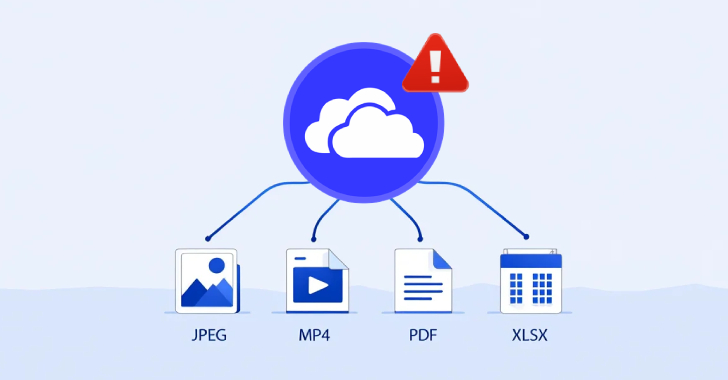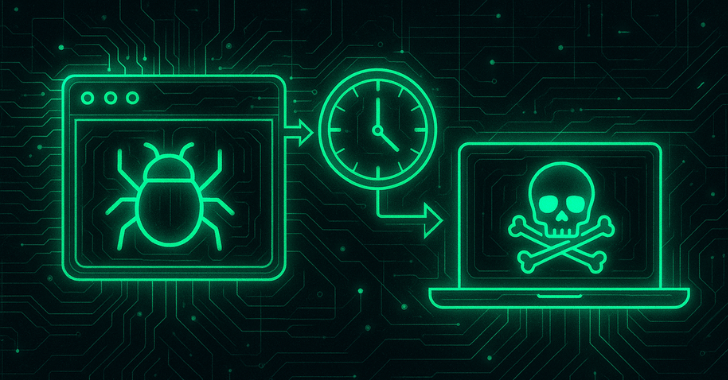
The Benefits of a vCISO
In an era where digital transformation is no longer a luxury but a necessity, organizations are increasingly recognizing the paramount importance of robust cybersecurity. With data breaches and cyber-attacks becoming more sophisticated and frequent, companies need to be ever-vigilant in protecting their sensitive information and digital assets. This is where the role of a Virtual Chief Information Security Officer (vCISO) comes into the picture.
Understanding the vCISO
A vCISO is a service that provides organizations with expert advice and management skills in information security, without the need for a full-time, in-house Chief Information Security Officer. vCISOs offer a flexible and cost-effective approach to enhance an organization’s cybersecurity posture, typically working remotely and accessible as per the business’s unique needs.
- Cost-Efficiency
Hiring a full-time, experienced CISO can be a significant financial commitment for many organizations. Salaries, benefits, and other overheads associated with such a high-level position can be prohibitive, particularly for small and medium-sized enterprises (SMEs). A vCISO, by contrast, offers expertise and experience on an as-needed basis, providing significant cost savings while still addressing the organization’s security needs. - Expertise and Experience
vCISOs are often seasoned professionals with a wealth of experience across various industries and sectors. They bring to the table a depth of knowledge and a breadth of skills that can be invaluable to organizations, particularly those without a mature cybersecurity program. The diverse experience of a vCISO allows them to quickly identify vulnerabilities, implement best practices, and provide tailored solutions that align with the organization’s goals and risk tolerance. - Scalability and Flexibility
The flexible nature of a vCISO service means that organizations can scale cybersecurity efforts up or down according to their needs. This scalability is particularly beneficial during times of rapid growth, mergers, or acquisitions when an organization’s risk profile might change significantly. A vCISO can adapt to these changes, providing additional support and resources as required, ensuring that security remains a top priority. - Regulatory Compliance
With the ever-evolving landscape of cybersecurity regulations and standards, staying compliant can be a daunting task. vCISOs are well-versed in the myriad of industry regulations and can guide organizations through the complexities of compliance. Whether it’s GDPR, HIPAA, PCI-DSS, or any other regulatory framework, a vCISO helps in navigating the compliance journey, reducing the risk of costly fines and reputational damage. - Third-Party Risk Management
In today’s interconnected business environment, managing the risks associated with third-party vendors and partners is crucial. vCISOs assist in developing and implementing robust third-party risk management programs, conducting due diligence, and ensuring that vendors meet the organization’s security standards, thereby mitigating potential risks. - Cybersecurity Awareness Training
Human error remains one of the most common causes of security breaches. vCISOs play a critical role in developing and delivering comprehensive cybersecurity awareness training programs. These programs educate employees on the latest cyber threats, fostering a culture of security awareness and helping to prevent costly incidents. - Strategic Security Planning
vCISOs help organizations develop and implement strategic security plans that align with their business objectives. By conducting risk assessments and gap analyses, a vCISO can identify areas of vulnerability and recommend prioritized, actionable solutions. This strategic approach ensures that security efforts are focused where they are most needed, maximizing return on investment. - Incident Response Preparedness
Being prepared for a cyber-incident is as important as preventing one. vCISOs assist in developing and refining incident response plans, ensuring that organizations can quickly and effectively respond to any security breach. This preparedness can significantly reduce the impact of an incident, minimizing downtime, data loss, and reputational damage. - Access to a Network of Experts
vCISOs often have extensive networks within the cybersecurity community, giving organizations access to a broader pool of expertise and resources. This network can be invaluable in staying abreast of the latest threats and vulnerabilities, sharing intelligence, and collaborating on solutions. - Focus on Core Business
By outsourcing the strategic and operational aspects of information security to a vCISO, organizations can focus on their core business functions. This allows for the optimization of internal resources, driving innovation and growth, while ensuring that cybersecurity remains a top priority.
Conclusion
In conclusion, a vCISO is an invaluable asset for organizations looking to strengthen their cybersecurity posture without the financial burden of hiring a full-time executive. The diverse benefits offered by a vCISO, including cost-efficiency, expertise, flexibility, compliance support, and strategic planning, make it an attractive option for organizations of all sizes. In a world where cyber threats are ever-present and continually evolving, leveraging the skills and knowledge of a vCISO can be a strategic move towards a more secure and resilient future.
Contact Cyber Defense Advisors to learn more about our Virtual Chief Information Security Officer (vCISO) solutions.





